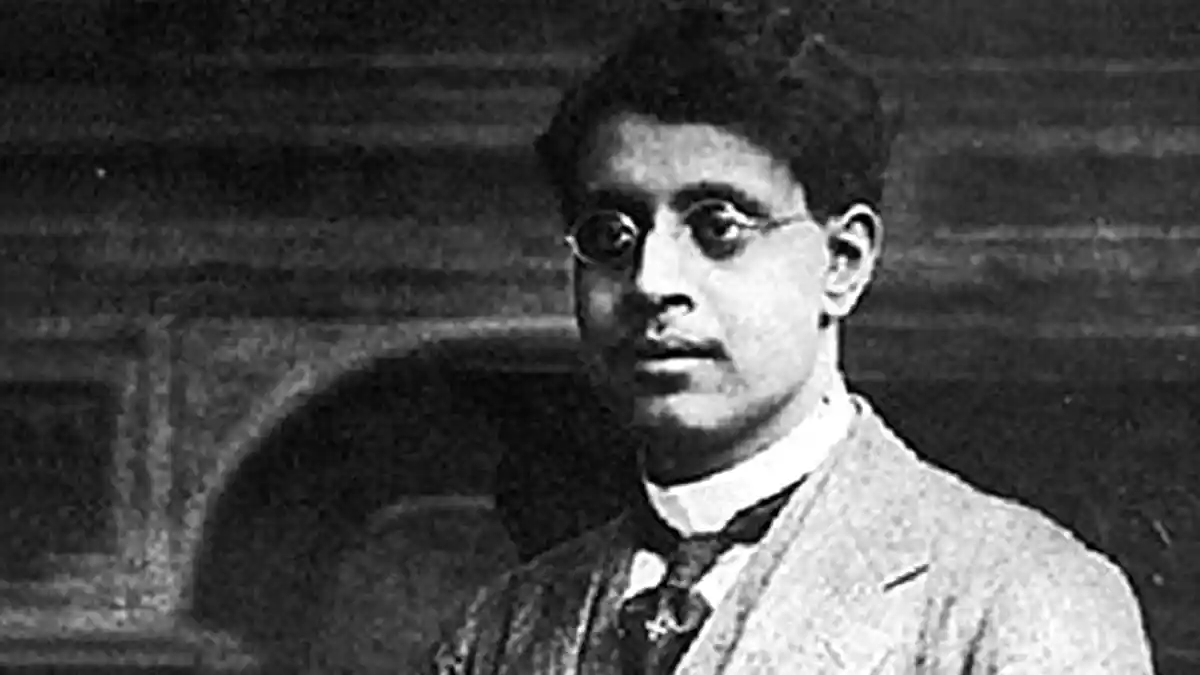The man who wrote a delightful khichuri (khichdi)
Most people inherit sound minds and bodies, a blessing in itself, but a few others inherit the brilliance that runs in the family

The Rational Genius who made eccentric reading fun- Sukumar Ray. Image Source: The Print
These are a few lines from his last song in Abol Tabol. Sukumar Ray was an eccentric author whose genius overflowed through poems, songs, and stories. If you're one of the fortunate souls who can read and write Bangla, I hope your childhood was spent reading or listening to the literature written by Sukumar Ray.
My father says that a person inherits many things at birth- talent, ability (athletic, creative, or academic), genius, weaknesses, and even madness. While it's true that every genius is a little mad, it's equally correct to say that mad isn't necessarily brilliant. Most people inherit sound minds and bodies, a blessing in itself, but a few others inherit the brilliance that runs in the family.
Son of the famous Bengali writer, painter, composer, amateur astronomer, and entrepreneur Upendrakishore Ray- Sukumar Ray was bound to inherit all talents that ran high in his family. Later, he outshone everyone by becoming the most prolific writer in Bengali literature.
What added to his advantage was not only the culturally appreciative and intellectual family he was born into- but it was also the peak of the Bengal Renaissance. His talents were nurtured, and he learned everything that he could from his father.
In 1906, he graduated with a double degree in Physics and Chemistry from the Presidency College and went on to pursue Printing and Publishing in England. After his father died in 1915, he took over the family printing press- and the much-loved magazine- Sandesh.
Though he ran a successful business, was a skilled photographer, and exhibited creative talents as an illustrator, it's his literary works that left an indelible mark.
His works were satirical, comical, many limericks, and somehow always struck a chord between animals and human beings. Children and even adults became fans of his style of writing. Abol Tabol (Nonsensical Mnemonics, 1923), Pagla Dashu (Crazy Dashu, 1940), Ha Ja Ba Ra La (Topsy-Turvy, 1928), and Khai-Khai (I Want More, 1950) are some of his famous works.
Though most critics will say his work was non-sensical and full of gibberish, those who read extensively will remark on the similarity between his style of writing and Lewis Carroll's Alice in Wonderland. But even amidst all that literary jumble and fumble, he never lost his rationality and continued writing pieces corroborated by scientific theories and facts.
No matter what anyone says, Sukumar Ray's works are relevant even today. And he is still beloved by all children who read his poems and stories.
I've always believed that literature is best enjoyed in its original language and tone, as translation takes away the essence of the text. It's transformed to something from an interpreter's point of view rather than something that sprung from the author's heart.
Nevertheless, Ray raised a genius and groomed him with the same finesse and cultural appreciation that he witnessed during the high tide of the Bengal Rennaisance. His son, the virtuoso of cinema, Satyajit Ray, translated Sukumar's works into English and made them available to non-Bangla speakers and readers.
Sukumar's demise due to leishmaniasis on 10 September 1923 left his friends and family forlorn. Rabindranath Tagore, who was close to Ray mentions that his heart was content to have known a brave man whose life brimmed with songs till the very end.
Sukumar Ray was a genius ahead of his time and will forever remain a gem in Bengali literature. If you haven't read his works, there's no better time than now to get familiar with them.


